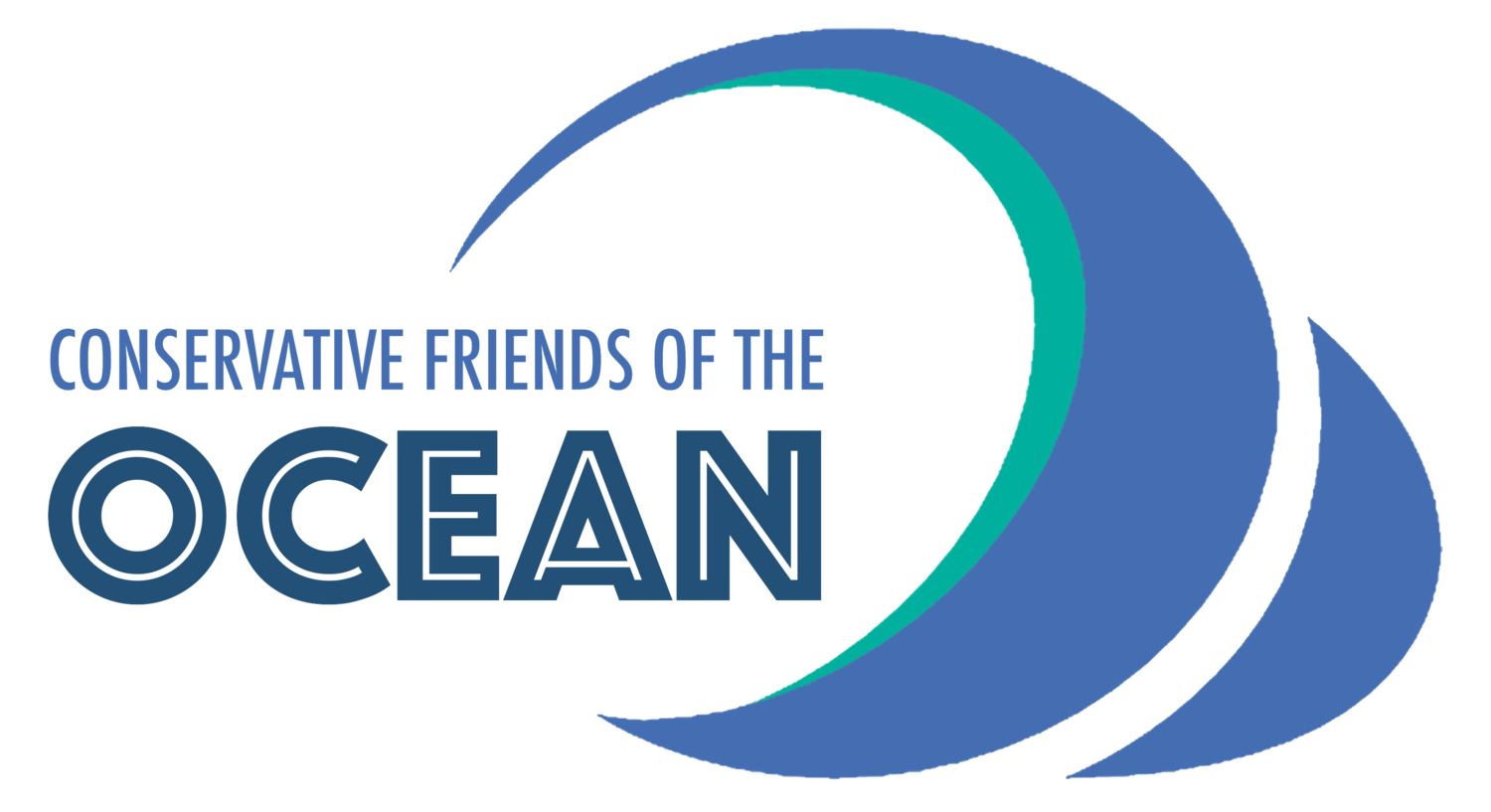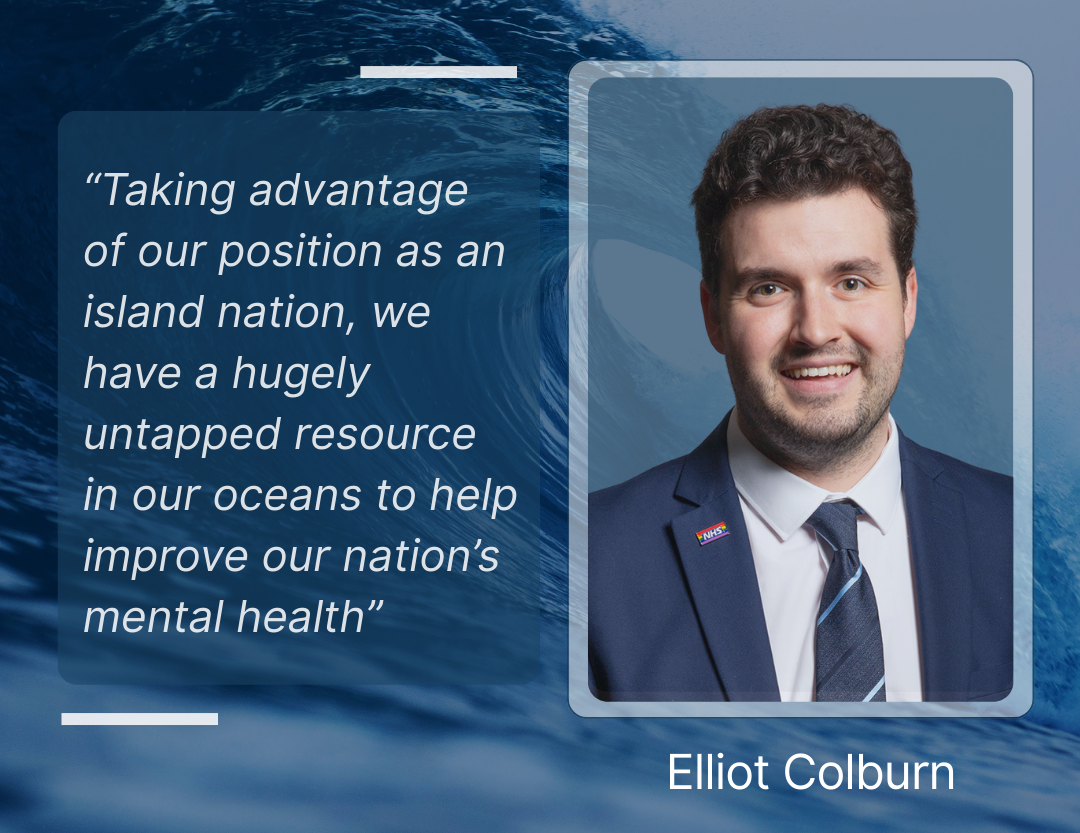Blue Health: Unlocking the Ocean’s Power for Mental Wellbeing
We’ve all heard it at some point in our lives that getting out in nature, including our oceans, is good for our mental health - some may call it an old wives’ tale or even a cliché. It sounds almost too simplistic a suggestion, especially when facing someone living with poor mental health, even suicidal ideation.
Nevertheless, increasing bodies of evidence suggest that this may have more truth than previously understood. It’s even got itself a name – ‘Blue Health’. And experts the world over are developing increasingly sophisticated research demonstrating why blue spaces, such as our oceans, have the potential to improve our mental health.
A 2019 study by the University of Exeter, utilising data from nearly 26,000 survey respondents, was one of the largest explorations of the well-being effects of being by the ocean. It concluded that: “After taking other related factors into account, the study revealed that living in large towns and cities near to England's coastline is linked with better mental health for those in the lowest earning households.”
In another study from 2013, data from around 20,000 participants recording their wellbeing at intervals in different locations on their smartphones, found marine and coastal spots were the 'happiest locations', faring six points higher than an urban environment. The researchers rated it as “the difference between attending an exhibition and doing housework”.
Whilst the Conservatives were in Government, we commissioned research into this very topic. The Department of Environment, Food and Rural Affairs (DEFRA) commissioned a study, which reported in 2021 and evaluated the effectiveness of nature-based social prescribing, both green and blue. The incredibly detailed research found, among other things, that: “People experienced improved mental wellbeing when accessing nature-based activities, indicating that GSP [Green Social Prescribing] is having a positive impact.” It also demonstrated how GSP provided good value for money.
Social prescribing was a big part of our agenda for health and social care during our last term in office, and something we can rightly be proud of. But why are the oceans considered good for our mental health?
Explanations and theories vary, but a number of common themes emerge from the research that has been undertaken in this area. In an article authored by researchers from the University of Barcelona, it was concluded that: “Being near water often means we do more physical activity, while natural surroundings also have a restorative effect on our mental well-being and social lives, meaning they also have mental health benefits. Furthermore, blue spaces can improve overall environmental quality, which brings indirect health benefits.”
However, the most beautiful explanation I came across whilst researching this topic came from the Roses in the Ocean project in Australia. Set up in memory of Mark Franklin, whose life was tragically lost to suicide, the project began after his family visited his favourite beach, placing roses in the ocean and using the surroundings as an opportunity to reflect.
According to the founders, “Roses are a beautiful, dignified flower, yet their thorns add complexity, requiring handling with care. They are symbolic of our deepest emotions: love, friendship, sorrow, hope.
“The ocean, with its waves crashing upon the shore, and calmer waters out deep, is symbolic of the turbulence felt by people who are coping with a difficult stage in their life, and indeed for some, coping with suicidal thoughts.”
We are lucky to have examples of blue wellbeing projects here in the UK too. The Ocean Conservation Trust's Blue Mind Hub is an ocean-based wellbeing project designed to help people access the health benefits of the ocean. The project offers various activities, including snorkelling, coastal walks, virtual reality sessions, art workshops, and boat trips. These activities aim to create a safe and welcoming environment for participants to explore blue spaces and experience the positive effects on their mental health.
However, despite the good work of Conservatives in Government and of organisations like the Ocean Conservation Trust, there are still significant barriers to scaling up and embedding the concept of using access to oceans as a mental well-being tool. As identified in the 2021 DEFRA report, this includes the sustainability of commissioning and funding projects, data sharing and political will at national and local levels. Our challenge as a Party is to find that political will that inspired the push we made on social prescribing when we were last in Government.
It must always be remembered that treating poor mental health, especially suicidal ideation, is incredibly complex. Certain interventions work better for some people than for others, if at all. Nevertheless, it is clear that if we can properly harness the power of social prescribing, taking advantage of our position as an island nation and people’s relative proximity to our oceans, we have a hugely untapped resource in our oceans to help improve our nation’s mental health.


